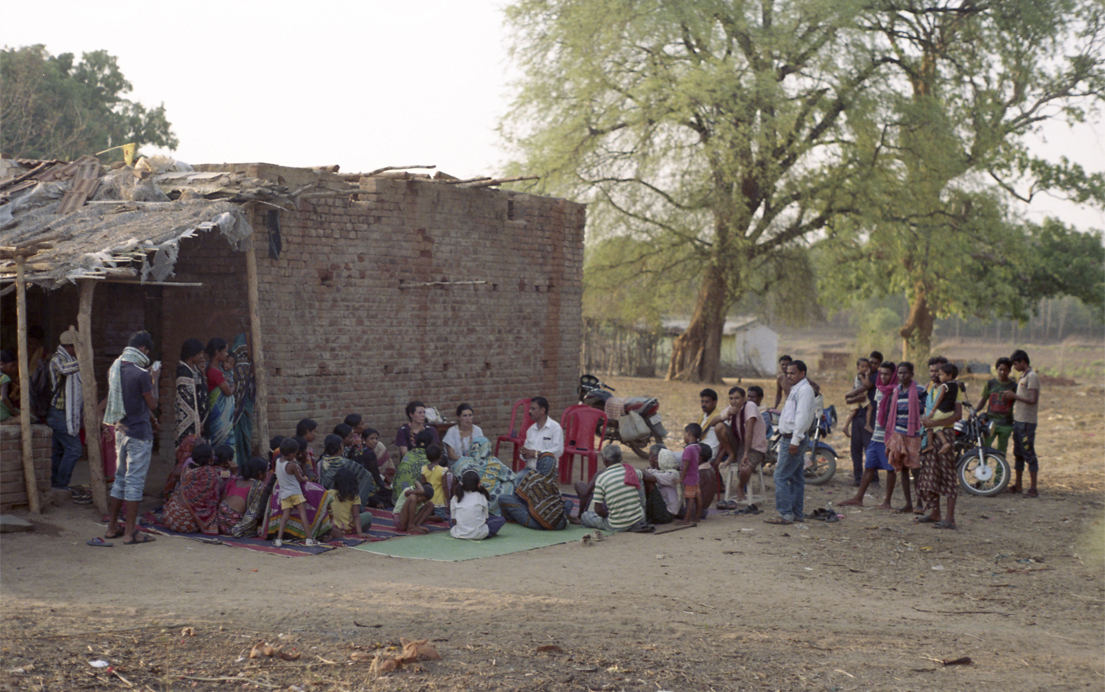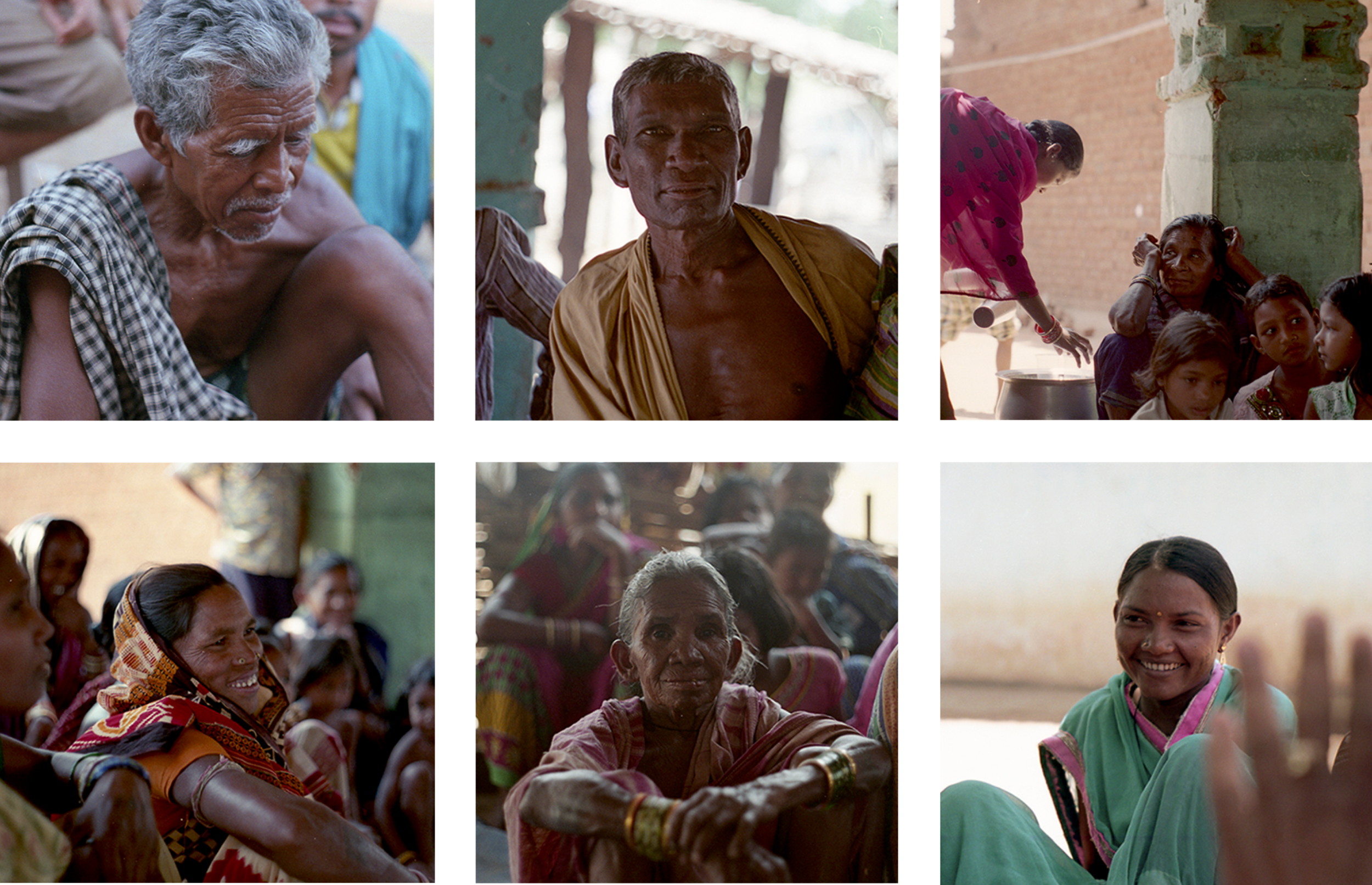1. SOWING THE SEEDS
The organic cotton used for PICO’s pants is sourced from two farmer-run cooperatives in India. On our first supply chain visit we spent a few days meeting some of the farmers who are part of one of these co-operatives - Pratima Organic Growers’ Group, based in the state of Odisha and on our second trip earlier this year we spent time with the second co-op in Madya Pradesh Prathiba Syntex visiting some of the farmers, the training centre and farm and the Vasudha project which was a school set up for the farmers children after consulting the farmers on what they would like the fair-trade premium to be spent on.
PRATIMA
Whilst visiting Pratima we experienced what it is like to be in the hottest place in the world with temperatures reaching highs of 49.8*C. The locals thought we were crazy to have travelled there at that time of year (and in retrospect perhaps we were). However, it helped us to appreciate what it is to farm in such extreme weather conditions.
The Growers’ Group runs regular training workshops in advanced organic farming methods, and these have helped farmers to increase yields and provided food stability in their communities. Encouraging crop rotation, border cropping, various composting techniques and a variety of natural methods of pest control offers an alternative to the use of conventional chemical fertilisers and pesticides. Across India, the costs and implications of using these chemicals, alongside GM seeds, has caused many small-scale farmers to fall into unimaginable debt and has led to the suicides of hundreds of thousands of farmers since 1995.
Working as a cooperative with a fair trade mark ensures that the farmers get a fair and stable price for their cotton crop. In addition, the Fairtrade fund supports various projects within local communities, such as creating safe drinking water sources, funding further education and organising women’s self-help groups.
When we talked to the people involved, it was really clear that these organic cooperatives are making a huge difference to the their lives and the lives of their families and communities. Farmers, and especially the women involved, have been inspired with a new sense of independence and empowerment.
One of our favourite moments was when some of the ladies showed us the Singer sewing machine they had saved up for through the group’s savings account. They proudly unveiled the wonderful things they had made whilst learning to sew on it, and were full of excitement for the potential of what else they could make!
PRATIBHA SYNTEX
Pratibha work with over 25,000 farmers and we went to visit one of their projects in Madhya Pradesh. Rakesh from Pratibha kindly took us round and as we travelled from place to place he took us through his history and the work of Pratibha.
Our first stop in the morning was the school which was funded by the Fairtrade premium and created over a decade ago after a committee of farmers had decided that this was what was most needed for the area. On arrival we were greeted by the chorus of 500 children in their assembly - the school had a wonderfully positive atmosphere. We also went to the village Bilbowry and met with some of the farmers who welcomed us in for some butter milk. The village is made up of 70 farmers, 50 of which are organic. As well as the local school, the Fairtrade premium has has supported the implementation of a water trough for cattle and solar lamps for the village communal areas
We spent some time with Santosh, who was part of the first 127 farmers who were supported in the process of transitioning to organic through Pratibha when the Vasudha project was first set up in 2003. When visiting his farm he shared the difficulties he faces with the fluctuating trade prices for cotton, as well as the many benefits, including the heavily reduced input costs compared to conventional farming and the benefits to health.
Finally Rakesh took us to Pratibha's training centre, where farmers are given support and guides to composting, the 5 leaf system, bio fertilisers and bio pest treatment, inter cropping, border cropping and water retention methods amongst others as well as be able to buy organic seeds. The site was so full of life and nature was obviously thriving with so many varieties of veg, flora, bees and birds. .
We are also excited that Girish and his team at MILA, who sew Pico pants, have plans to work with a farmers co-operative that is very local to them in Tamil Nadu so making everything a lot more localised. We will keep you posted on any developments here!


